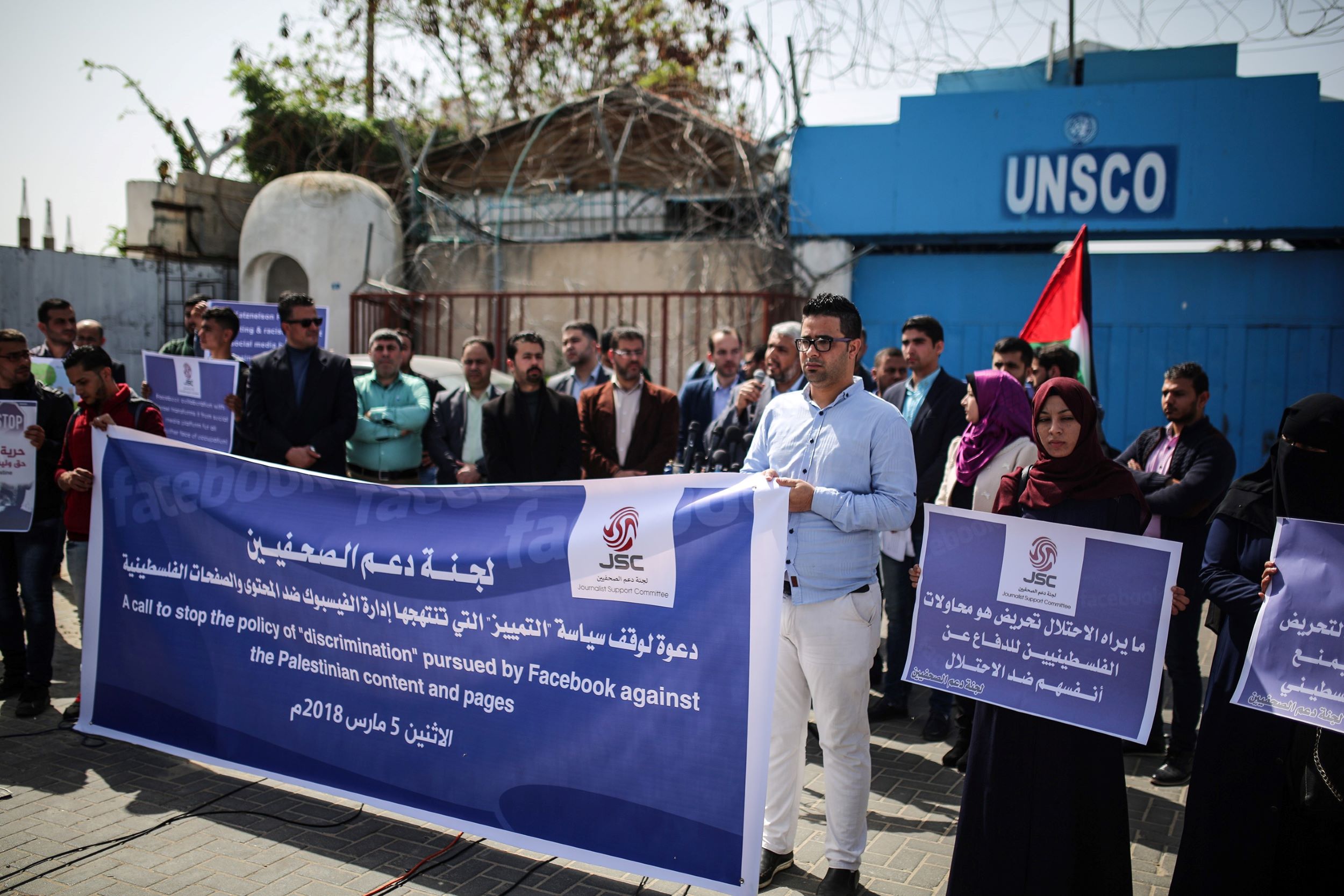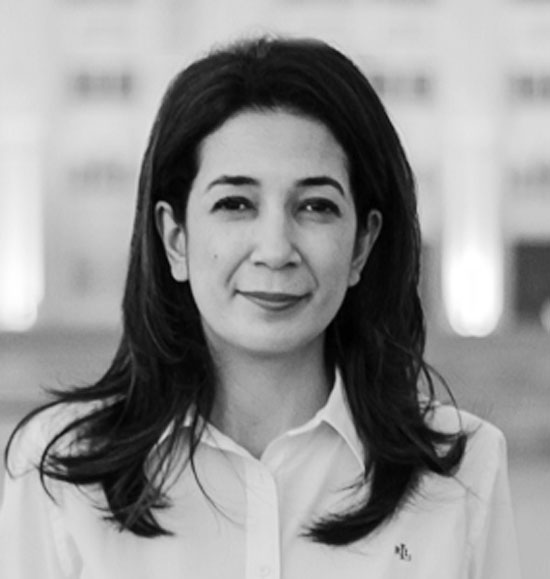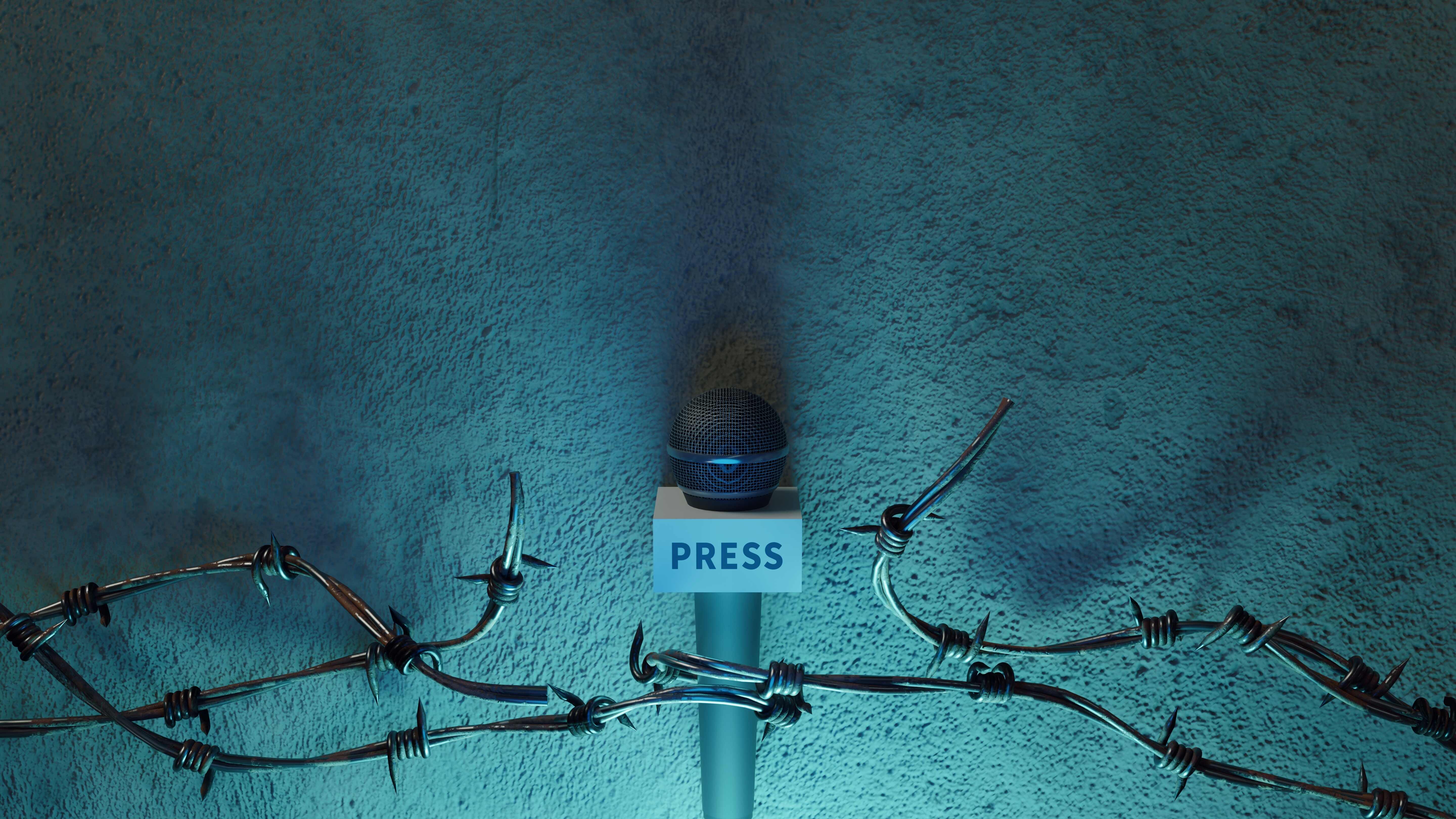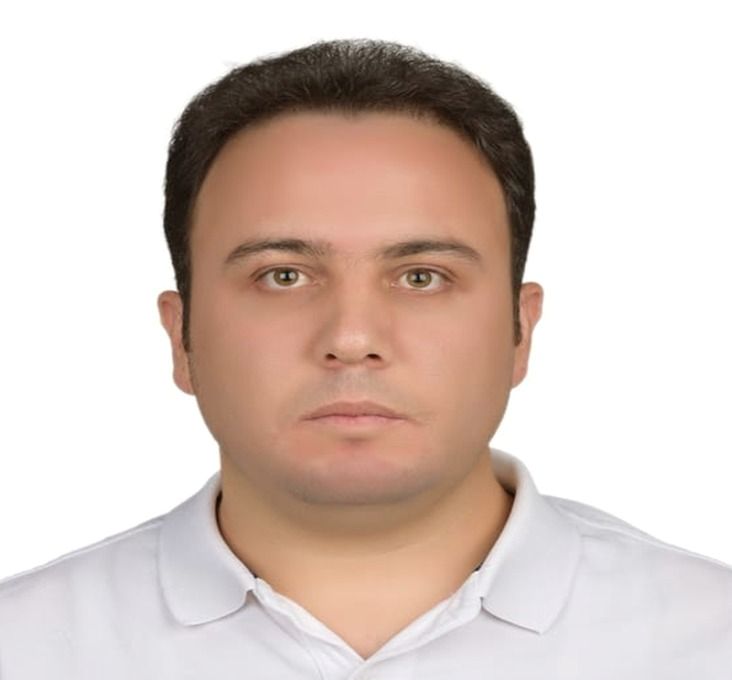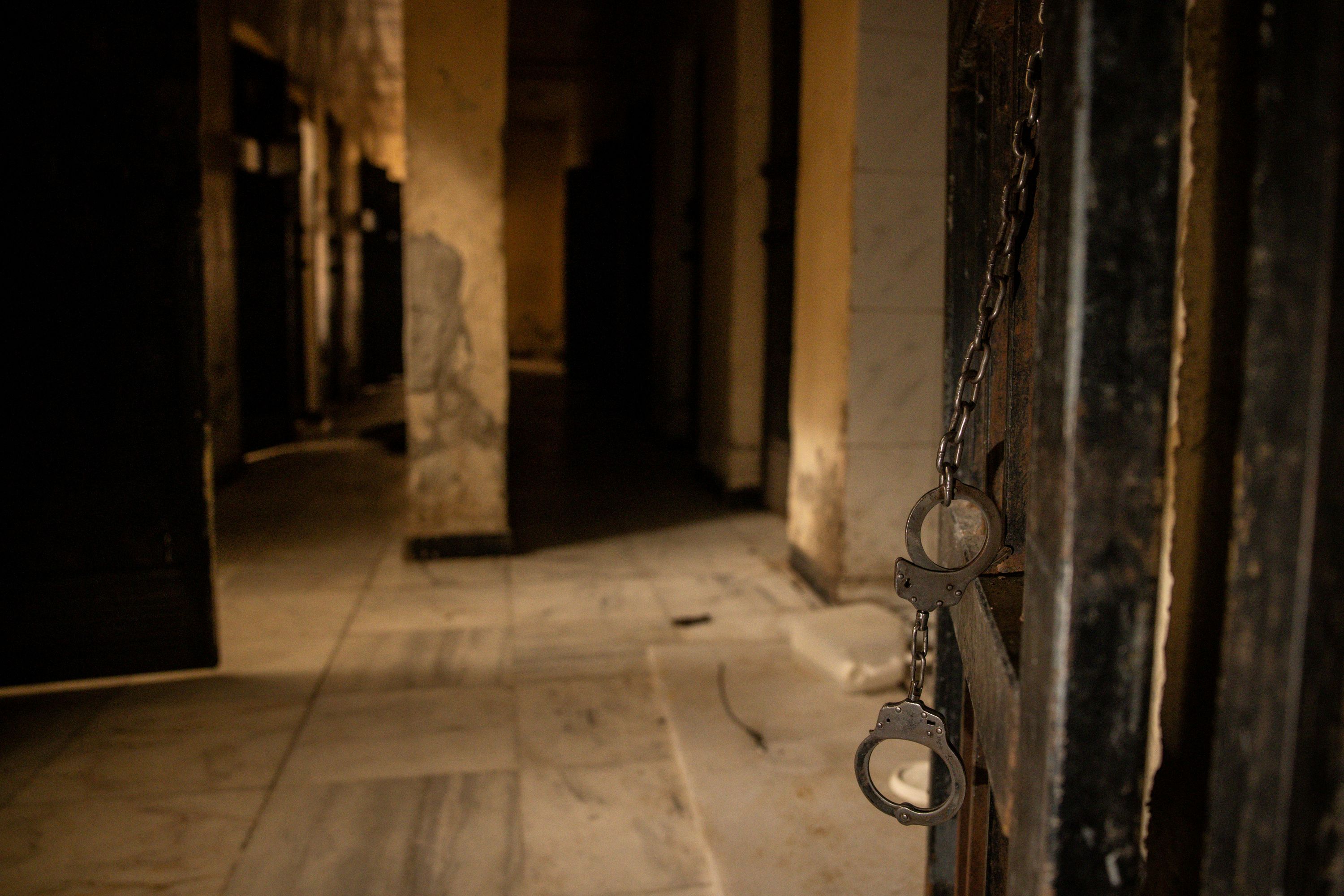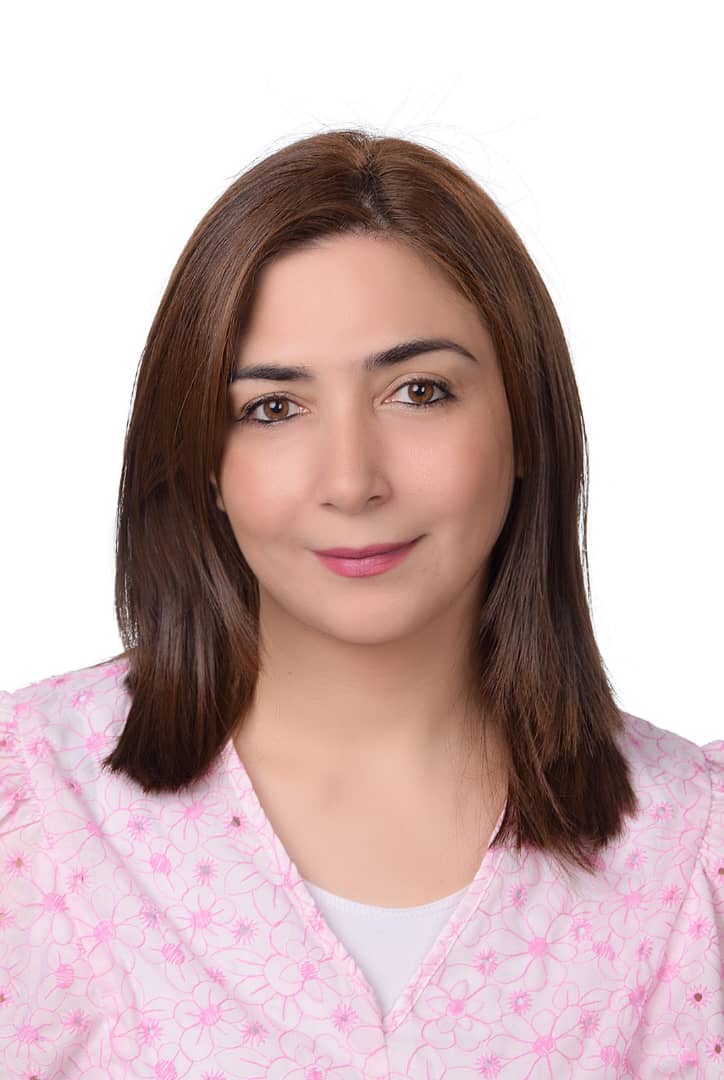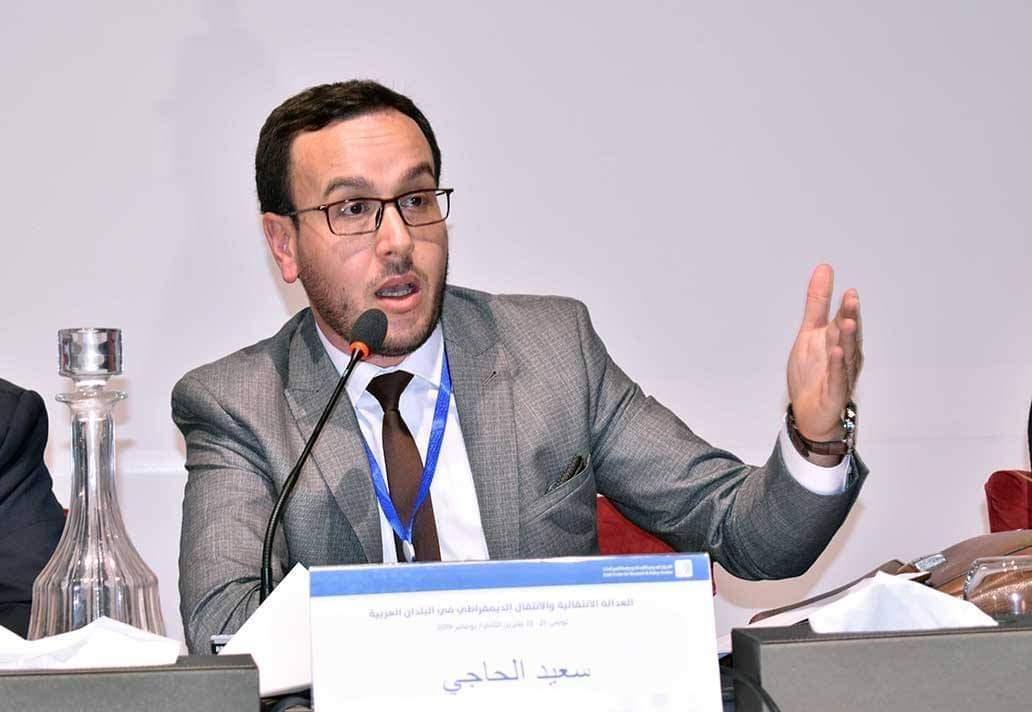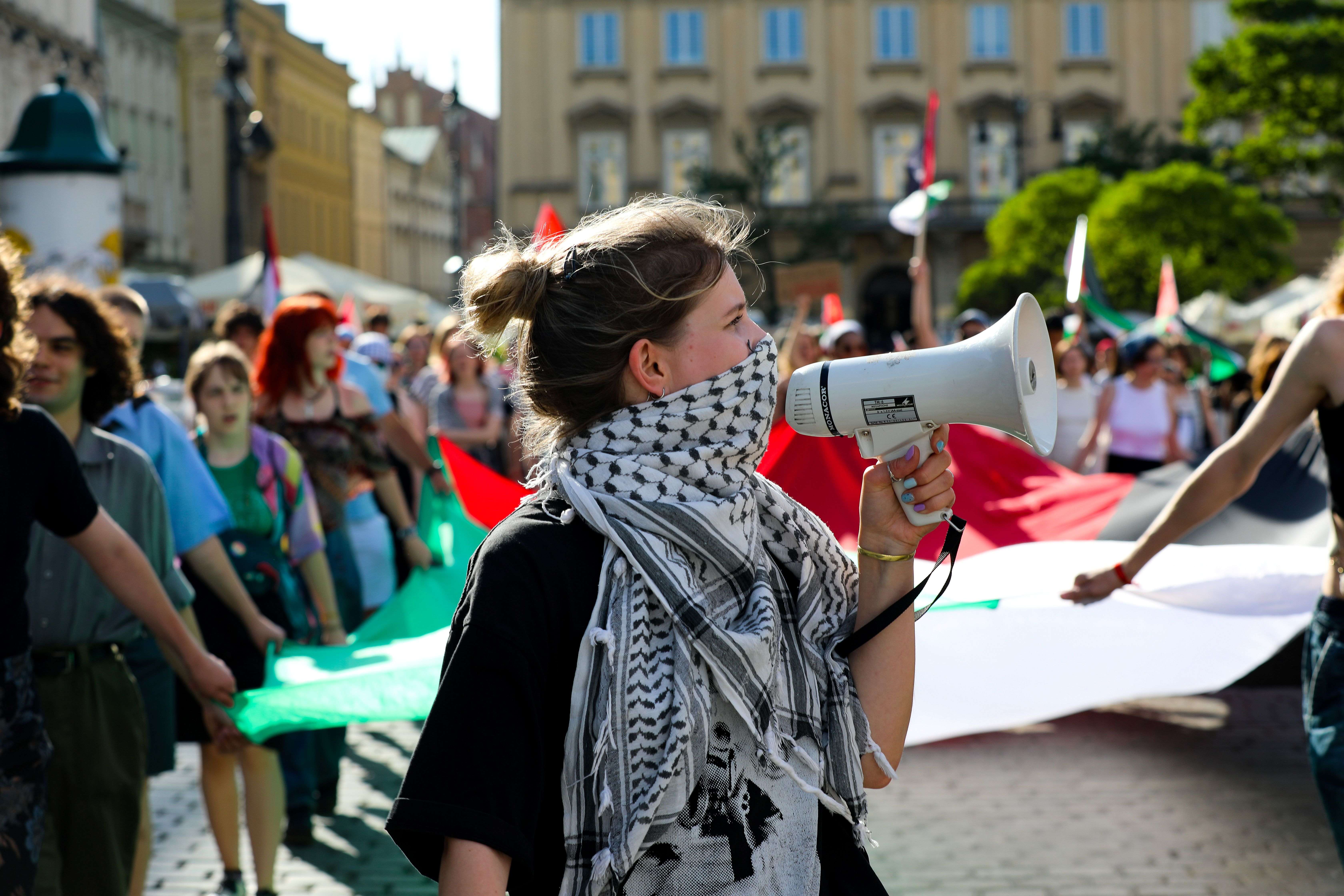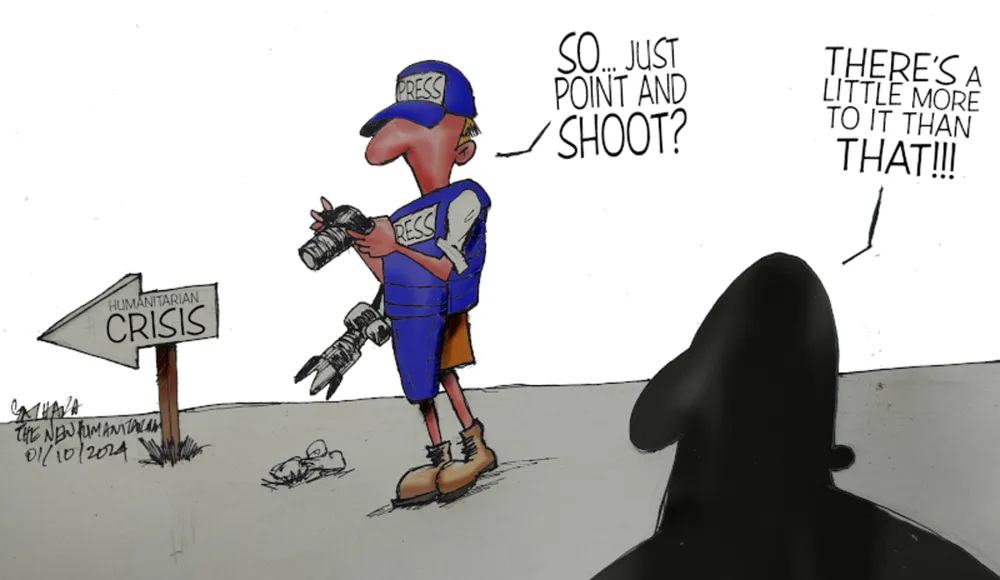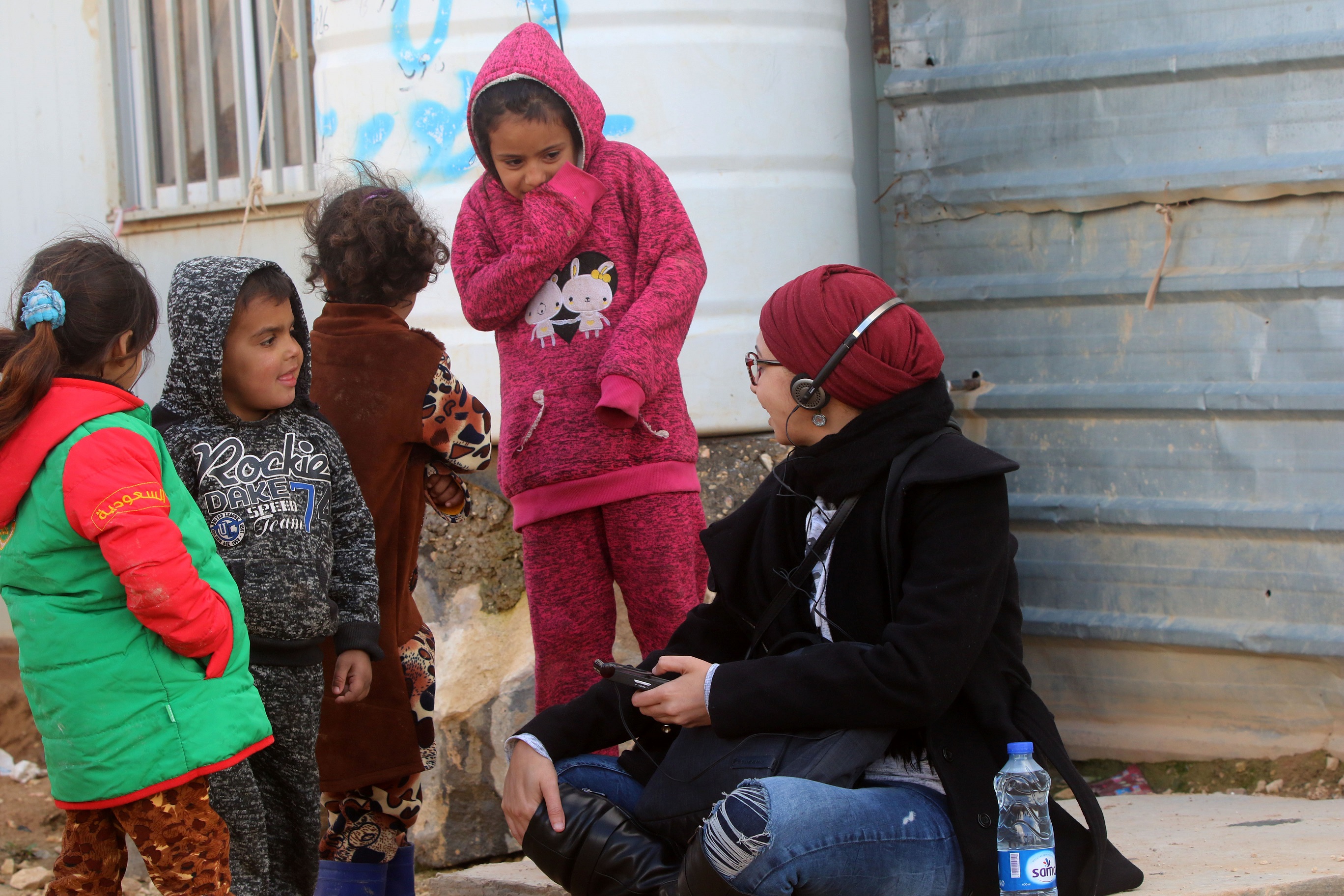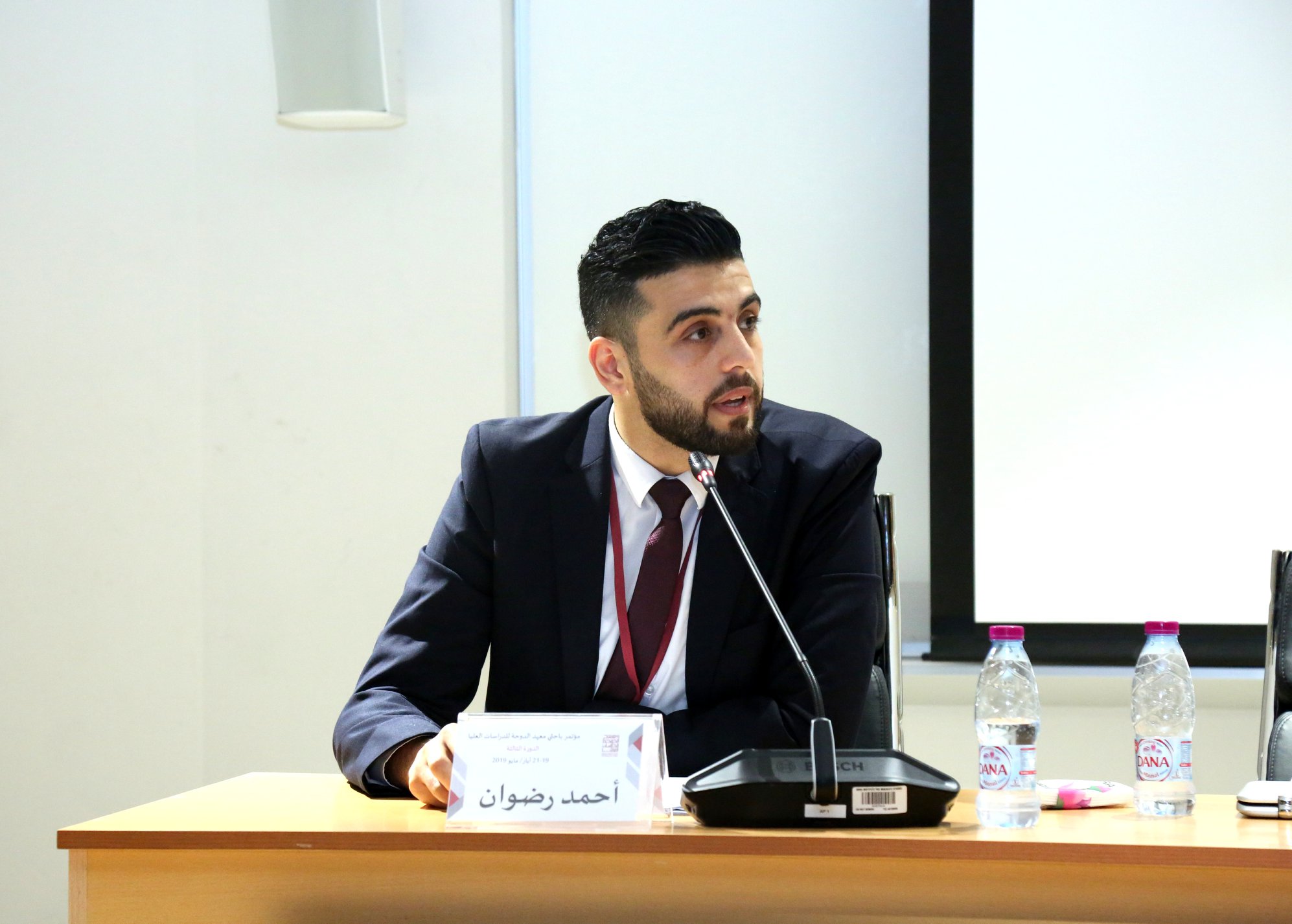Hate speech is a bad idea. A good idea would be for platforms to show consistency in their content moderation, particularly when it comes to Palestine
This week, Meta, the mother company of Instagram, Facebook and WhatsApp, announced that it had “temporarily made allowances for the forms of political expressions that would normally violate our rules like violent speech as ‘death to Russian invaders’. We still won’t allow credible calls for violence against Russian civilians.”
According to this new policy, then, calling for the death of Russians is considered a “form of political speech” but its platform, Instagram, reportedly erases posts, images and links that document Israel’s human rights abuses against Palestinians even when these posts are not opinions, but rather news items from credible news sources, as Human Rights Watch reported in October 2021.
According to that report, hundreds of accounts were also suspended based on peaceful solidarity, not calls for violence, incitement or hate towards Israelis. Much of the Palestinian content was censored or - in the company’s terminology - “moderated”, despite the fact that the majority included no direct calls for violence or hate speech.
The mainstream global English-speaking media have consistently stifled debate about the Palestinians’ cause, their human rights or actions. Longstanding strategies of focusing on reporting violence, prioritising Israeli sources over Palestinian ones, maintaining affinity with Israel official narratives when it comes to describing the events and framing Palestinian resistance as “terrorism”, has led to mainstreaming bias against them.
Ironically, even the Israeli liberal press occasionally shows more fairness towards the Palestinians than the American press does.
The Palestinian Uprising of May 2021 was a case in point. Palestinians in the occupied territories took to Facebook, Twitter, Instagram and TikTok to tell their stories which are normally suppressed by the mainstream media. They used these social media platforms to share and document Israeli police brutality, violations of Palestinians’ rights, forced evictions and denials of access to the Al-Aqsa Mosque during the Muslim holy month of Ramadan, and to call for solidarity with their non-violent resistance.
The response of the social networks was to apply strict censorship to Palestinian and pro-Palestinian content.
Facebook, Instagram and Twitter either deleted or demoted pro-Palestinian posts and suspended activists, journalists and news media accounts, largely affecting the already stifled global narrative, effectively aiding Israeli suppression of the Palestinian story and silencing any criticism of Israel’s brutal occupation and its colonial policies.
In relaxing its rules to allow Ukrainians to protest against Russian oppression, Facebook shows it knows exactly how wrong this treatment of the Palestinians is
For the first few days of the uprising in May 2021, Tik Tok was the only platform that granted the Palestinians the freedom of speech and publishing. Palestinian and pro-Palestinian speech was labelled as “hate speech”, denying Palestinians under Israeli occupation and around the world their freedom of expression, where it should be granted as their right under international law and treaties.
Many international organisations documented and reported these human rights abuses of the Palestinians by these networks including PAX, Article 19, AccessNow, the Palestinian Digital Rights Organization and 7amleh.
META claims it is completely transparent in its guidelines but little explanation is provided as to how a post or an account might have violated its community guidelines or what its guidelines are for moderating Palestinian content.
So how does META develop content moderation policy and who has the freedom to speak on its platforms? These are important questions that Facebook and its Oversight Board, which claims to work towards “ensuring respect for free expression through independent judgement” must answer now.
How are appointments to the Facebook Oversight Board scrutinised? Emi Palmor, previously the General Director of the Israeli Ministry of Justice (2014-2019), is a member of this Oversight Board. Her appointment came despite calls from international rights groups and organisations to block it. The Association for Progressive Communications said: “Under Palmor’s direction, the Israeli Ministry of Justice petitioned Facebook to censor legitimate speech of human rights defenders and journalists because it was deemed politically undesirable.”
Similarly, Jordana Cutler, Facebook’s director of policy for Israel is a former advisor to former Prime Minister Benjamin Netanyahu. Both of these appointments indicate a tendency for Facebook to consult with right-wing proponents of Israel, with internationally acclaimed rights groups such as Jewish Voice for Peace are seemingly ignored.
Israel has historically over-securitised freedom of expression and arrested Palestinian activists for Facebook and Twitter posts, marking them as “terrorists” for their political views. In relaxing their rules to allow Ukrainians to do exactly the same when it comes to Russian oppression, Facebook et al show they know exactly how wrong this treatment is.
Abeer Al-Najjar is Associate Professor in the Department of Mass Communications of the American University of Sharjah
The views expressed in this article are the author’s own and do not necessarily reflect Al Jazeera Journalism Review’s editorial stance
